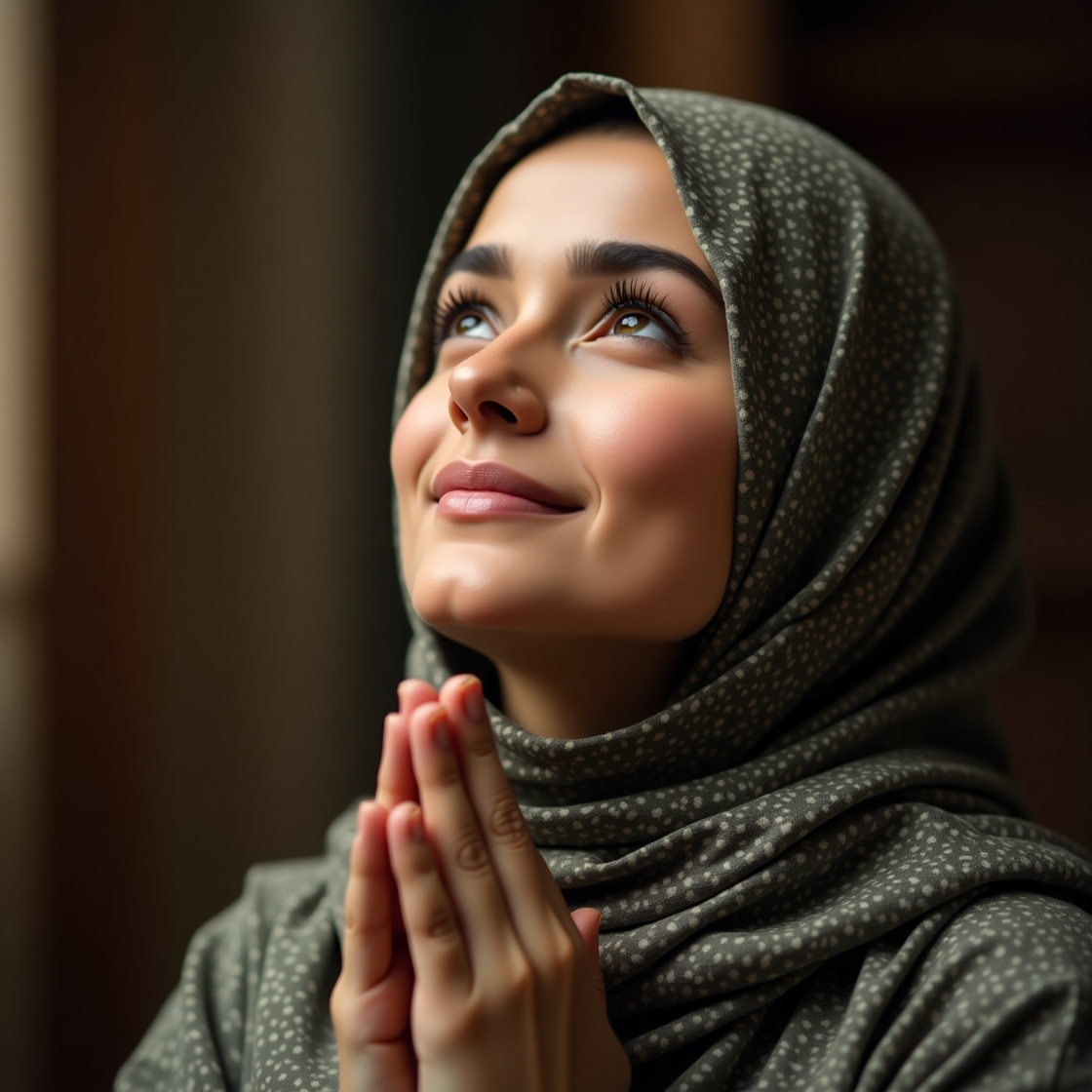Physical Address
304 North Cardinal St.
Dorchester Center, MA 02124
Physical Address
304 North Cardinal St.
Dorchester Center, MA 02124

True beauty is not only seen from the outside, but also from morals and faith.

True Beauty: Study the meaning of “internal beauty of Islam”, what is the definition of Islamic beauty?
In Islam, beauty has two sides, like a coin, with two surfaces.
Quality: Beauty is a favor of Allah SWT. Allah is beautiful and loves beauty. There is a place full of goodness in heaven, and one of the expected rewards is an angel, a creature with extraordinary beauty. Raslula once saw her grandmother. “There’s no grandmother in heaven, which means everyone is coming back to heaven. Test: Beauty can also be tested. Look at the story of Sarah, the wife of the Prophet Ibrahim. When she moved to Egypt, Sarah’s beauty rose to the king’s attention. Sarah prayed that she would spare the king’s evil, and Allah answered her prayer. This story shows that beauty can also be a test for the prophet’s wife.
In Islam, there are two types of beauty:
Allah created us with many differences, including skin color, language, and so on. These differences are proof of Allah’s power and the extent of His knowledge. Allah SWT says in surah At-Tin verse 4:
َقَدْ خَلَقْنَا الْاِنْسَانَ فِيْٓ اَحْسَنِ تَقْوِيْمٍۖ ٤
laqad khalaqnal-insâna fî aḫsani taqwîm
Indeed, We have created man in the best possible form.
This means that Allah does not set any particular standards for physical beauty. The key is that Allah created people in the best possible way. Beauty doesn’t have to be white. It does not need to have a sharp nose or specific physical features. The criteria for beauty are actually determined by the people themselves. The main thing is to maintain the health that Allah has given them. Thank you for everything Allah has given you, and do not change your body, as it is His command.
The Messenger of Allah (SAW) said:
إنَّ اللَّهَ لا يَنْظُرُ إلى صُوَرِكُمْ وأَمْوالِكُمْ، ولَكِنْ يَنْظُرُ إلى قُلُوبِكُمْ وأَعْمالِكُمْ
“Verily, Allah does not look at your form and wealth. Rather, Allah only looks at your hearts and your deeds.” (HR Muslim no. 2564).
Allah pays more attention to our hearts and deeds. Allah does not see the physical appearance, but he sees the quality of his mind and his actions. So, have a good heart and focus on doing good deeds to be beautiful in Allah’s eyes.
There is a beauty that allows us to see the blind man himself: morality. People with good morality radiate a positive aura and feel good around them. You can feel the beauty of your own mind.
1. Study
Find a way to have a good heart and a moral worthy of praise. You cannot have good morals without learning. Just as we learn to take care of our skin for the beauty of our bodies, we must also learn to have a beautiful mind. Knowledge of familiarity can be gained in a variety of ways. B. Read books, attend research, and discuss with moral people.
2. Make a habit
Use the sentence until you make it. It’s okay to force yourself to get better at it first. For example, in order to practice patience, they try to hold back, taking into account the situation of the test. To gain good morale, they force themselves to be friendly with others. This is a practical process that needs to be carried out continuously.
The importance of maintaining the morals and manners of Muslim women
Learning morality and manners is extremely important for everyone, especially Muslim women. Good morals and manners respect others. One of the purposes of the Prophet Muhammad was sent to improve human morality. Maniye and Adab are universal values understood by anyone, including non-Muslims. As Muslims, we must praise morality and manners.
The Messenger of Allah (SAW) said:
الدُّنْيَا مَتَاعٌ وَخَيْرُ مَتَاعِ الدُّنْيَا الْمَرْأَةُ الصَّلِحَةُ
The world is an adornment, and the best adornment is a righteous woman” (HR Muslim).
Note that the Prophet Muhammad described women as Shoriha women, not beautiful. This hadith shows that a fair woman is the most precious gem and exudes true beauty and elegance.
Face the temptation of social media.
As a woman, it is important to recognize the meaning of embarrassment. Embarrassment is fair woman decoration. The more shy a woman is, the more she looks like her beauty and honor. In general, men are protected and attracted to introverted women. Allah SWT has given people embarrassment. Do we want to give up on embarrassment and deteriorate?
When tempted to upload photos on social media, try to do a personal assessment:
Don’t forget that we were created with the best. It was Allah Sweat, the rabbit of the universe who created us. We were blessed with a complete body. Uncertainty arises in order to define our own standards and judge people based on what they have material. In fact, we should judge humans based on their actions and minds. The uncertainty allowed is, “Wow, Mashala, she is Qonaah, Shalihah, and gives many alms and more.
It’s okay to feel fear and anxiety. However, if you want to be uncertain, please relate to familiarity and charity. Return to the standard defined by religion. Remember how much Allah SWT liked you. Also, see that some people are not lucky. For example, some people are incredibly beautiful, but need to undergo dialysis three times a week. Which one would you choose? Of course, you decided to get healthy, right? Turn uncertain feelings into positive feelings that make you appreciate and optimistic.
I hope this article will help you understand the meaning of “internal beauty of Islam.” Remember that true beauty comes from a beautiful heart and admiration morality. I’m happy to work hard to reach beauty!